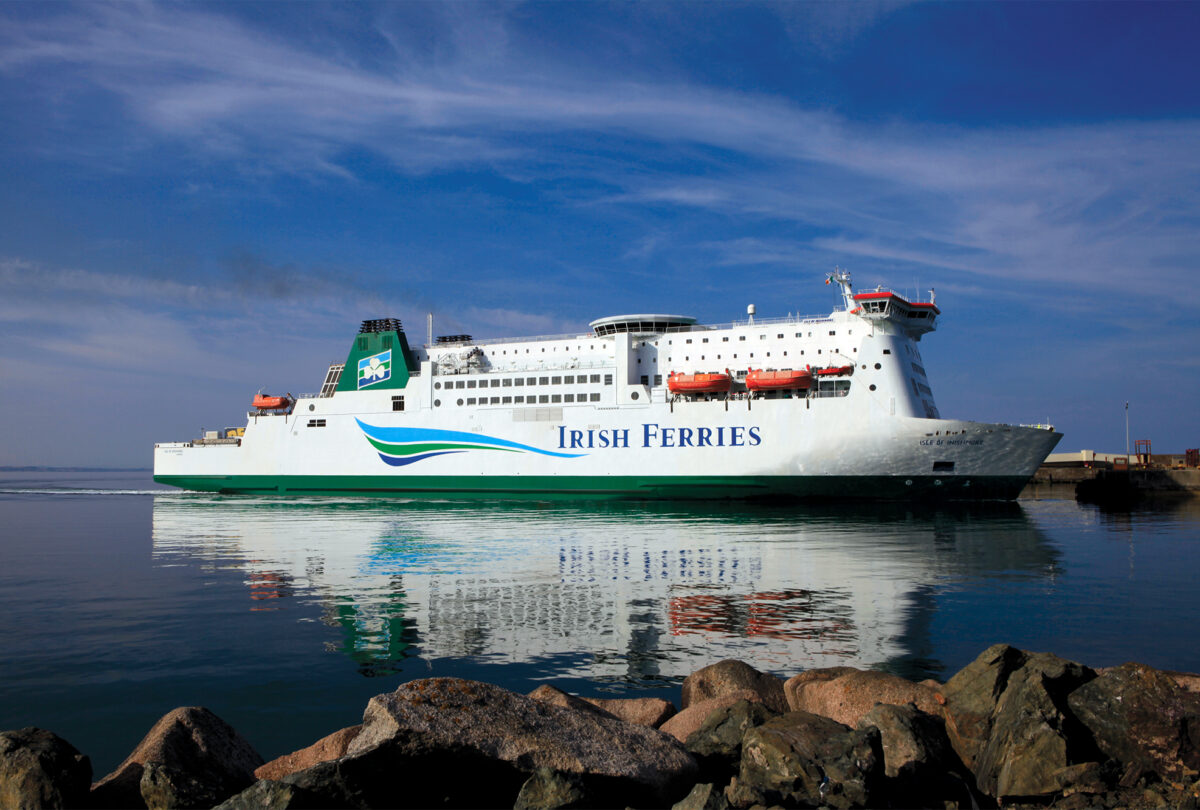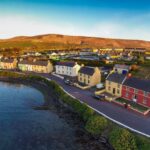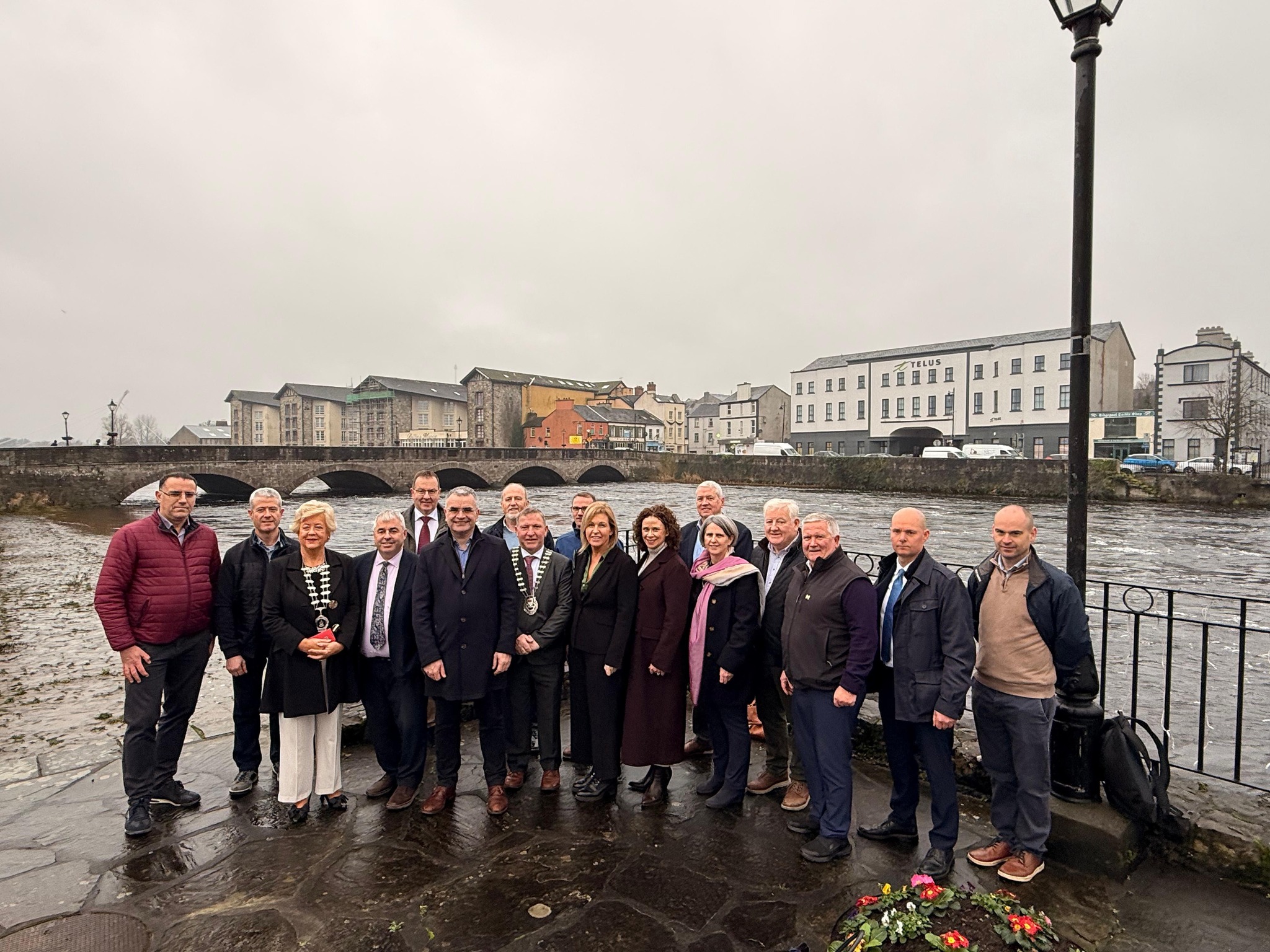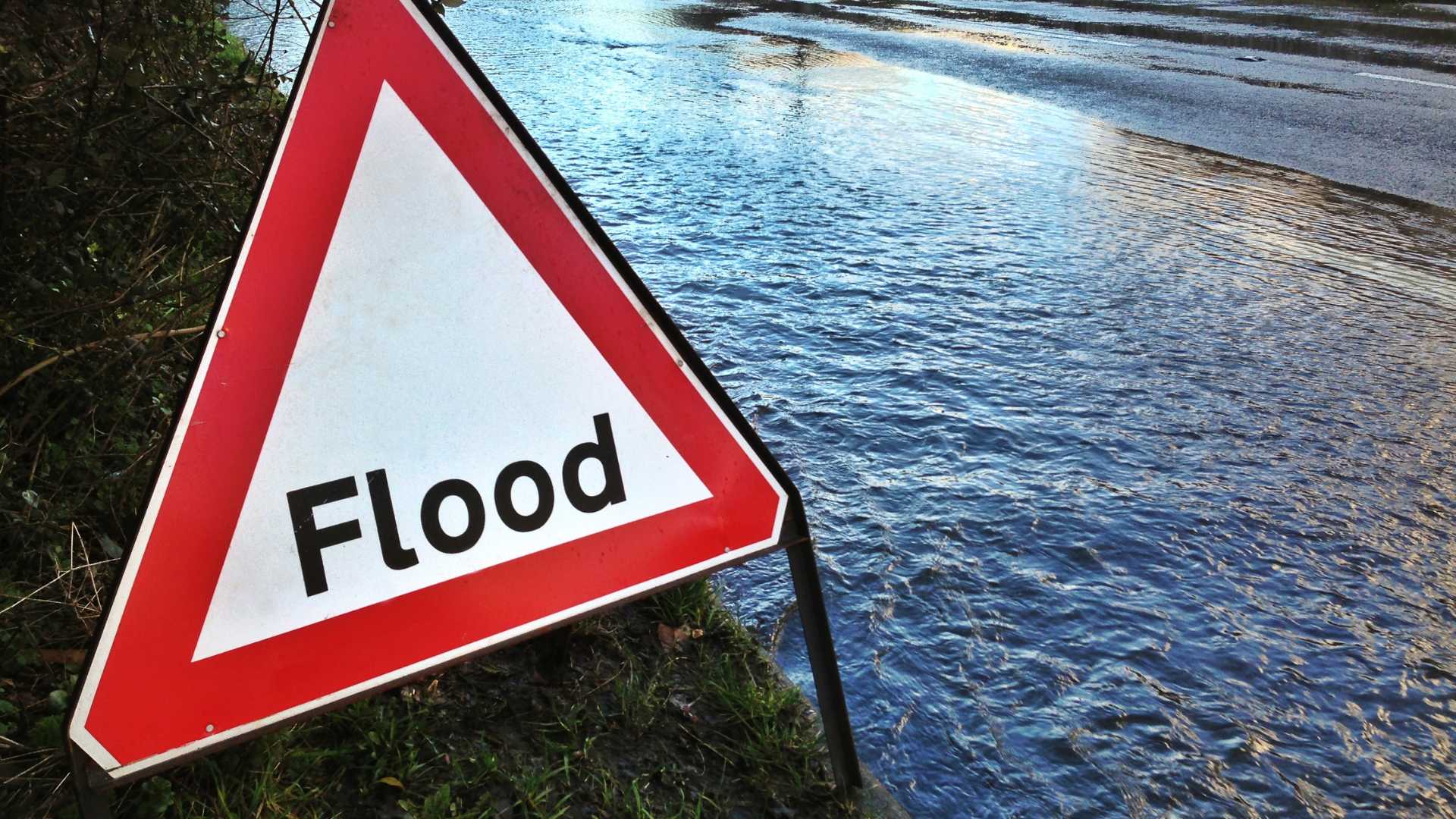
Ireland Eyes Green Shipping Corridor as Model for Europe

The ferry route between Dublin Port and the Port of Holyhead could be among Europe’s first dedicated green shipping corridors, a new study involving Maynooth University has found.
Researchers identified green methanol as a promising alternative fuel, with the potential to cut greenhouse gas emissions by up to 80 per cent.
The study, Greening the Irish Sea – The Central Corridor, was led by Irish Ferries and Stena Line with support from environmental consultancy Ricardo and Maynooth University. It examined the feasibility of establishing a green shipping corridor along the busy Dublin-Holyhead route.
Methanol emerged as the most practical fuel option, offering the possibility of retrofitting existing vessels and benefiting from established handling and bunkering practices. Battery-electric solutions were explored but deemed unsuitable given the high energy demand, vessel size, and operational needs of the route.
Dr Patrick Rigot-Müller, assistant professor at Maynooth University’s School of Business, said the corridor offered significant potential for CO2 reduction and could serve as a demonstration project for Europe.
The Dublin-Holyhead route is the busiest roll-on/roll-off link between Ireland and the UK. In 2024, nearly 1.6 million passengers travelled the route on more than 6,000 sailings, accounting for over 70 per cent of ferry passenger movements between the two countries. Dublin Port alone handles almost 80 per cent of Ireland’s unitised freight.
Matthew Moss, maritime sustainable transport consultant at Ricardo, said the corridor offered strong potential for early adoption of alternative fuels in Europe. He said methanol could be deployed in the near term through vessel retrofits, but government support and policy signals would be critical to enable wider decarbonisation of the maritime sector.
Stena Line’s Irish Sea South trade director, Johan Edelman, highlighted the company’s commitment to sustainability, noting two new methanol-ready freight ships commissioned for the Belfast–Heysham route. Irish Ferries managing director Andrew Sheen emphasised the need for significant infrastructure investment to make alternative fuels cost-competitive and urged governments to reinvest carbon tax revenues into research and scaling of green fuels.
Ken Rooney, head of engineering and sustainability at Dublin Port Company, said focusing on green methanol offered a realistic pathway to reducing emissions on the Irish Sea and would help ports understand energy supply needs for the sector. EDF UK’s head of future energy systems R&D, Rebecca Rosling, said the initiative showed how targeted innovation such as low-carbon e-methanol could accelerate decarbonisation in high-impact areas.
Share this WeathÉire story:






